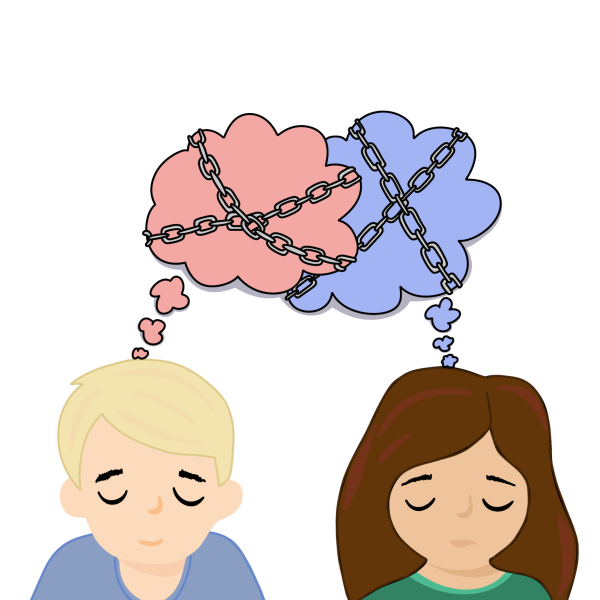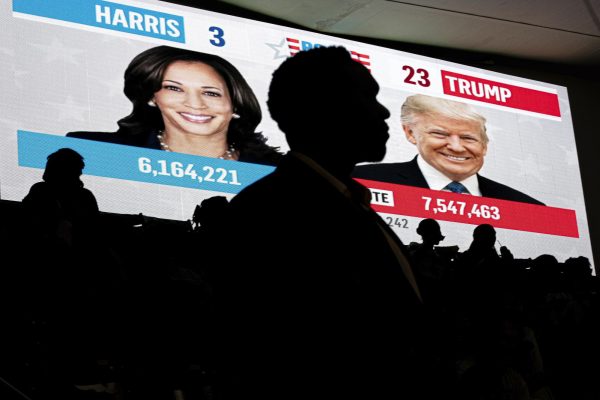The Death of the Scholar-Statesman
One of the most important figures in ancient Roman political thought was Cicero, the great Roman orator, who wrote a number of influential essays on practical politics and representation. Perhaps Cicero’s most influential idea was that of the “scholar-statesman;” that an orator, or public representative, ought be a learned, educated and distinguished individual acting not from the will of vox populi, or the opinions of the public, but instead from their own objective sensibilities towards how the world should be.
For centuries, this idea formed the very core of Western democratic political organizations, surviving the age of monarchies and empires nearly unscathed. The educated, diligent and stoic statesmen was the ideal for elected officials. It remained the defining feature of the world’s republics long after Napoleon had been exiled. But in the last century, as radio and television made mass media accessible, politicians began to realize something: appealing purely to the vox populi was more popular than attempting to appear as a scholar-statesman.
Occasionally, I think about what American politics looked like a hundred years ago when I see Nancy Pelosi refer to Alexandria Ocasio-Cortez’s “Green dream or whatever” and mockingly clap as the President talks on “building a human wall if we have to.”
In the utilitarian efficiency ethos of liberal, capitalist democracy, the scholar-statesman has no place. Consider two businesses under laissez-faire, capitalistic economy: who will succeed—the morally-conscious businessman paying their employees double the market rate, or the one expanding their operation ruthlessly using penny-on-the-dollar borderline slave labor? Similarly, consider two politicians under true liberal democracy: who will be elected—the scholar-statesman earnestly attempting to decide upon and fix the problems of the nation, or the charismatic populist appealing purely to majority opinion without any concern for the reality of the issues?
Maybe we should be overjoyed that we have taken another step towards the logical conclusion of a democratic state with the seemingly total victory of populist ideals over that of scholar-statesmen. But I am not. Much like the absurd “rational consumer” proposed by detached economists, the “rational voter” does not and has never existed in the real world, especially not one dominated by mega- lithic mass media corporations capable of inserting corporate and political propaganda in every facet of life, from nonstop advertisements to carefully curated news stories and opinion columns. Frankly, it’s a miracle that the “scholar-statesmen” survived for any time at all after the advent of popular suffrage and the transition from oligarchy to the genuine republic that came with it.
Of course, “our” propaganda machines will refuse to admit the rise of populism as an inherent necessity of liberal democracy, and perhaps they’re right. Perhaps once everyone has been sufficiently educated and made aware, perhaps once we solve our energy crisis and resource shortages, perhaps when we live in an enlightened far-flung future of understanding and virtue, we will all become rational consumers and rational voters and the western liberal-democratic capitalist system will ethically regulate itself, reversing the continual trends of populism and corruption that those same propaganda machines harp about without stating the causes of. Yet strangely, we educated men and women continue to vote in droves for populists wearing different colors because they appeal to our vox populi and not that of our political opponents. I’m not holding my breath.
Contact Max Goldenberg at [email protected].





